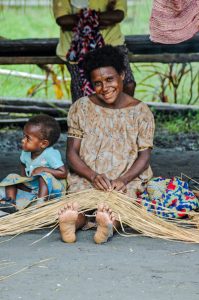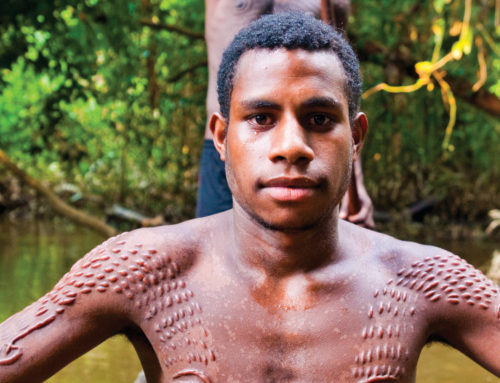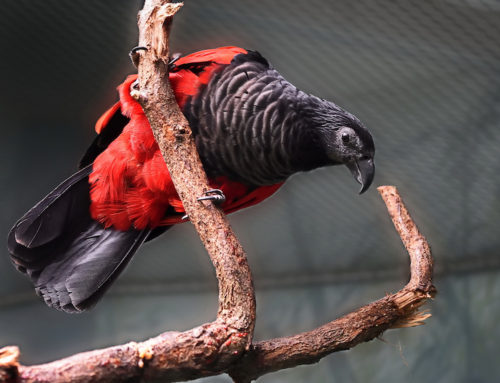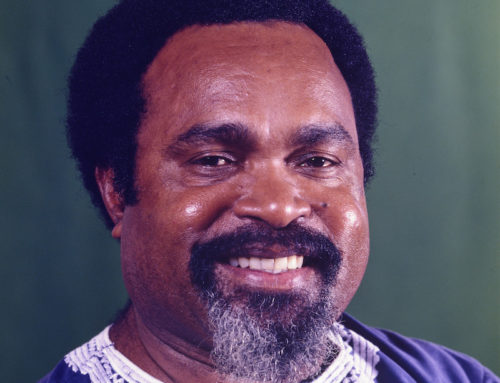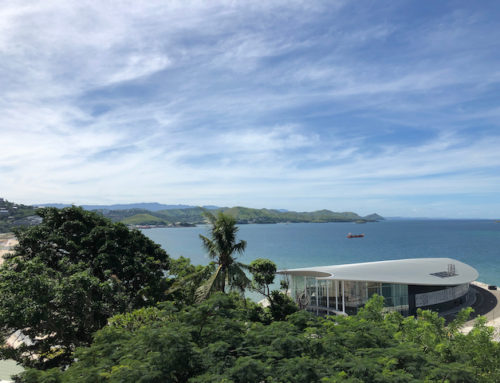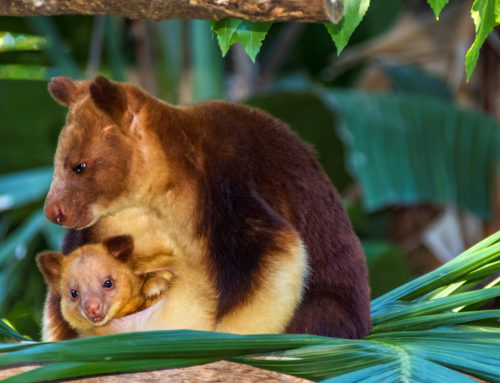Traditional family life in PNG
Thursday, 7 May, 2020
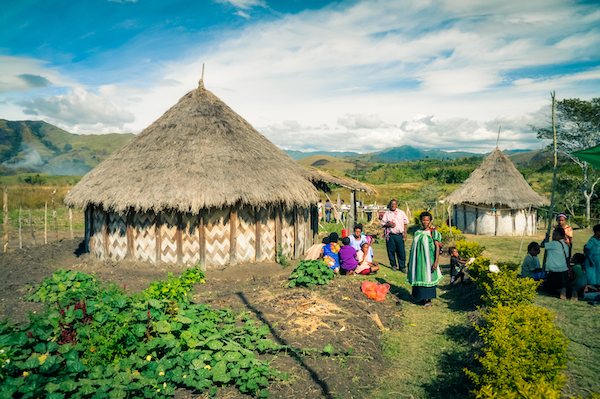
With over 600 islands and more than 700 languages, Papua New Guinea is considered one of the most culturally diverse countries in the world.
Yet within that diversity lie some common themes. Many traditions still have their basis in strong village ties, while communities feature heritage, customs and oral history that bind people together.
Even after western influence, many of these traditions continue to this day, with the five million strong population still featuring a strong focus on traditional family life and village lifestyle.
Village ties
Culture remains an important element of life in PNG, despite increasing western influence over recent years. Across the nation, many people still reside in villages with a lifestyle based around subsistence farming.
While men are largely responsible for income-producing activities and village decision-making, women fulfil the essential duties of child rearing along with gardening. Their role often also encompasses tending to any livestock, along with other tasks like cooking.
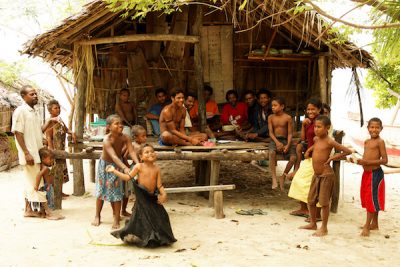
Wantok
Papua New Guineans associate their identity with their wantok.
Loosely translated as “one talk” or “you speak my language”, wantok relates to clan, culture and language. SBS explains nowadays the term wantok is also increasingly used to describe people’s social networks.
“For example, modern wantok networks may be based on language, geography, kinship or personal connections. Individuals tend to be extremely loyal to these kin groups. Indeed, one’s wantok provides a social safety net for individuals and a sense of belonging,” they note.
Reciprocity
Gifts have long been a tradition of Papua New Guinea life in the knowledge a gift of equal or even greater value will often be received in return.
Ultimately this creates a culture of sharing, where even scarce resources like food are shared with both invited and unexpected guests.
Keeping time with the sun
Like many pacific island nations, time keeping in PNG tends to be relaxed and related to the sun. As a result, people give their time freely, expecting that courtesy will be returned.
Family
Family remains the cornerstone of the many diverse cultures throughout PNG. In the villages, people tend to reside as nuclear families, while the husband’s parents may also live in that home.
Traditionally this was not always the case. In years gone by men and women were often separated for periods to undergo important rituals, or as part of customary rites of passage.
Nowadays, extended kin tend to live in adjacent houses, and SBS explains sometimes children may refer to multiple mothers, fathers and siblings, which would typically be called ‘aunt’, ‘uncle’ or ‘cousin’ in other cultures.
Meanwhile, village life often sees groups pool their resources and share their income or possessions as a symbol of loyalty to family.
Diverse traditions, rich culture
Of course, this is just an overarching insight into national culture which actually encompasses an estimated 7000 cultural groups in total.
In reality, each of these groups has their own history and tradition, often expressed in their rituals, their hierarchy, their oral history, dance, music, and even weapon making.
About Paga Hill Estate
Paga Hill Estate is a world-class, master-planned estate in the heart of Port Moresby, Papua New Guinea. The waterfront site is the first comprehensively planned multi-use development in Papua New Guinea to be enjoyed by both residents and visitors alike.
The all-inclusive development will include vibrant public spaces and waterfront promenade, luxury hotels, residential apartments, restaurants, retail, commercial space, a Trade, Exhibition & Cultural Centre, restoration of WWII relics, marina precinct and a nearby international cruise liner terminal.

